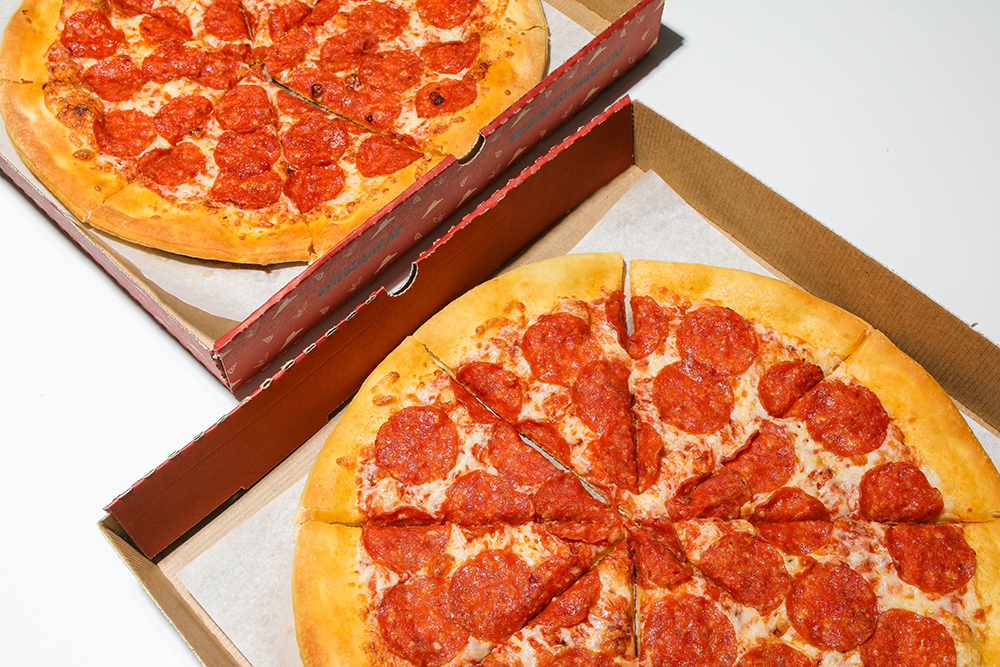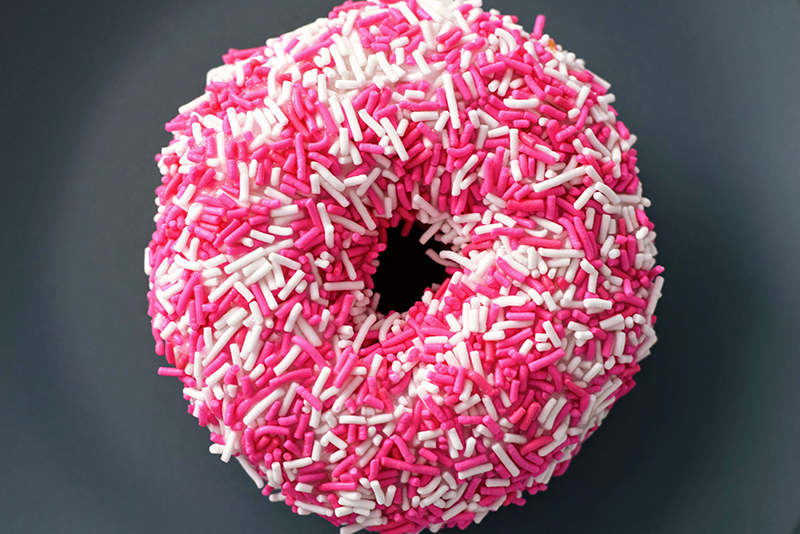
After undergoing bariatric surgery, many patients anticipate a significant reduction in their hunger levels. While it's true that appetite usually decreases due to the surgical reduction of the stomach's size, feelings of hunger post-bariatric surgery can still persist. Understanding why you might feel hungry after surgery is crucial to managing it effectively and maintaining your weight loss journey.
Common Reasons for Persistent Hunger Post-Bariatric Surgery
1. Insufficient Caloric Intake
One of the primary reasons you might feel hungry after bariatric surgery is not consuming enough calories. Post-surgery, your stomach's capacity is reduced, and it can be challenging to consume enough nutrients within your new dietary limits. Patients often try to restrict their intake too much in an effort to accelerate weight loss, not realizing that overly restricting calories can lead to increased hunger and potentially slow down metabolic rate as the body tries to conserve energy.
After surgery, it's generally recommended to consume about 1,200 calories daily, but this can vary based on factors like activity level, gender, and overall health. If you find yourself consuming less than 1,000 calories a day, it's important to reassess your diet. Keeping a food diary can help you track your intake and ensure you're getting enough nutrients to satisfy your body's needs without overeating.
2. Low Protein Intake
Protein is essential for satiety and maintaining muscle mass, especially after bariatric surgery. If your diet isn't rich in protein, you might find yourself feeling hungrier. Protein helps by slowing down digestion and providing longer-lasting energy compared to carbohydrates. Aim for 80 to 100 grams of protein daily to help "plug the pouch" and keep hunger at bay. High-protein diets not only help you feel fuller longer but also assist in efficient weight loss.
3. Inadequate Fiber Consumption
Fiber plays a critical role in filling you up and keeping you satisfied. It adds bulk to your diet and slows digestion, which prolongs the feeling of fullness. Make sure your diet includes plenty of fiber-rich foods like whole grains, vegetables, and fruits. These foods help to stabilize blood sugar levels and prevent the rapid return of hunger after meals.
4. Dehydration
Thirst is often mistaken for hunger. Post-bariatric surgery patients are sometimes prone to dehydration due to a reduced capacity to consume fluids quickly. It's important to drink at least 64 ounces of sugar-free liquids daily to maintain proper hydration and aid in appetite control. Staying well-hydrated helps reduce the confusion between thirst and hunger, ensuring that you only eat when you truly need to.
5. Psychological Hunger
After bariatric surgery, adjusting to smaller portion sizes can be mentally challenging. This adjustment can lead to what's known as "head hunger," where the desire to eat is driven by habit rather than actual physical hunger. It's important to recognize these cues and work with a healthcare professional, like a bariatric psychologist, to develop strategies to distinguish between true hunger and habits formed over years of eating larger portions.
What to Do If You're Still Feeling Hungry
If you're adhering to your nutritional guidelines and still experiencing persistent hunger, it's important to consult with your healthcare team. They can assess whether hormonal imbalances or other factors might be influencing your hunger levels and adjust your treatment plan accordingly.
In summary, managing hunger post-bariatric surgery is crucial for a successful recovery and long-term weight management. By understanding the common causes of hunger and implementing strategic dietary adjustments, you can significantly improve your comfort and progress.











